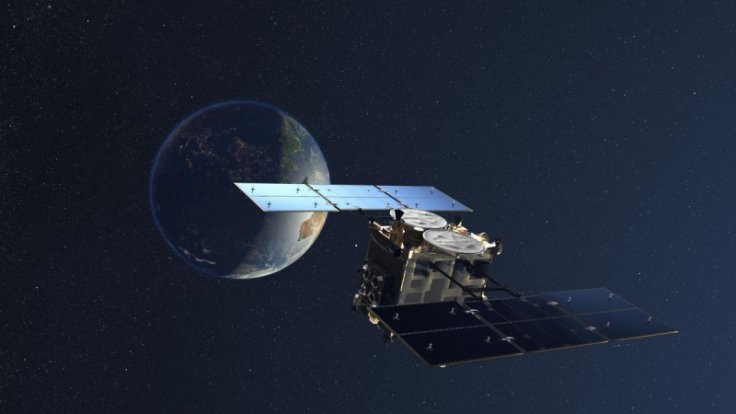
Japanese Space Agency's Hayabusa 2 spacecraft is expected to make its touchdown on asteroid Rygu this week. If everything goes well with the landing, the Hayabusa 2 spacecraft will shoot a bullet to the asteroid's surface, so that samples can be collected and can be later brought back to earth for further investigation.
It should be noted that the Japan Aerospace Exploration Agency (JAXA) has previously recreated the bullet shooting process many times on earth to operate the process smoothly on the asteroid's surface. During these experiments, experts at JAXA realized that the asteroid's surface was very different than previously speculated and this discovery had delayed the touchdown by some weeks.
In the initial phases of the experiment, scientists at JAXA believed that they will find a powdery regolith on the surface of the asteroid. But further analysis revealed that the regolith is actually covering the asteroid in centimetre-sized gravel bits.
In a press release, JAXA revealed that the Hayabusa 2 will make use of a projector to inject metal bullets into the asteroid surface. The sample materials in the asteroid will be later collected through the sampler horn to send it back to earth.
"As a final test before touchdown (TD), the team fired an identical bullet to that onboard Hayabusa2 into a simulated soil of the surface of Ryugu to test how many samples would be ejected. Hayabusa2 uses a projector to inject metal bullets into the asteroid surface and release material, before passively collecting these samples through the sampler horn. This projector, including the pyrotechnic products, were manufactured with multiple flight spares," wrote JAXA in the press release which was issued in last December.
Hayabusa 2 is expected to be Japan's giant leap in the space race. The mission was launched on December 03, 2014. It is expected to complete the mission most probably by December 2019 and after collecting the samples, Hayabusa 2 will return to earth in December 2020.









